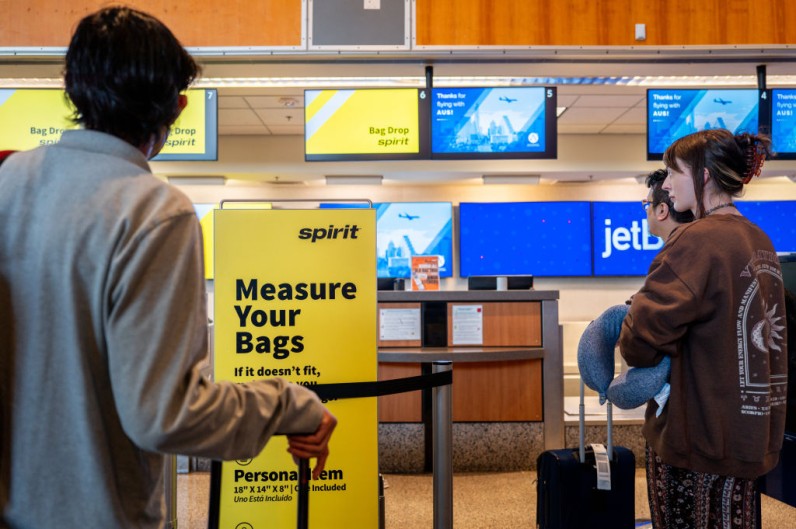
Spirit Airlines' CEO announced that the airline is not contemplating Chapter 11 bankruptcy. Instead, CNBC reported that the company is expressing optimism about its current strategy following the collapse of its acquisition by JetBlue Airways.
The $3.8 billion merger agreement between low-cost carriers JetBlue Airways and Spirit Airlines has been terminated due to regulatory hurdles stemming from anti-competition concerns, according to VCPost.
With the merger off the table, Spirit Airlines, already facing financial challenges, must navigate its issues independently, including the grounding of Airbus planes due to an engine defect.
However, while JetBlue's shares increased 7% following the termination announcement, Spirit's shares plummeted 17% in premarket trading. The airline's share recently fell by approximately 1.2% during morning trading.
Spirit Airlines Bankruptcy
Analysts have raised concerns about Spirit's ability to manage its debt, set to mature in 2025 and 2026, especially given its ongoing financial losses despite a robust travel season. This insight aligned with the announcement of Spirit CFO Scott Haralson's departure, with Brian McMenamy stepping in as interim CFO effective June 14.
The rumored Chapter 11 bankruptcy, often called reorganization bankruptcy, is a legal process allowing businesses to restructure their debts and finances while continuing operations.
Unlike Chapter 7 bankruptcy, which involves liquidation, Chapter 11 allows companies to remain in control of their assets and operations while developing a plan to repay creditors over time. During proceedings, businesses negotiate with creditors to modify debt terms, such as reducing the amount owed or extending repayment periods.
By affirming its stance against Chapter 11, Spirit aims to reassure stakeholders and maintain confidence in its ability to navigate its current difficulties while implementing measures to stabilize its finances.







Join the Conversation